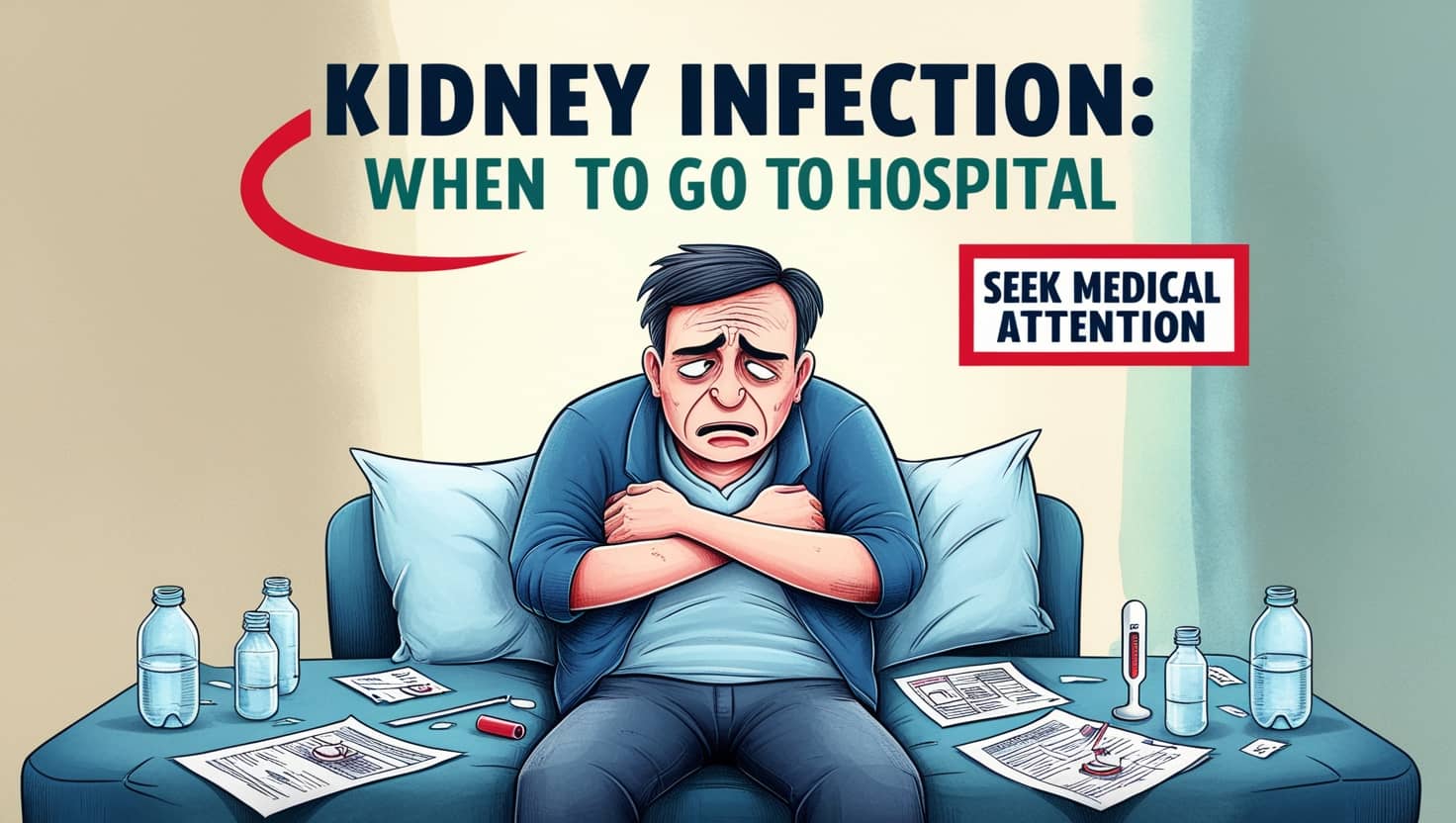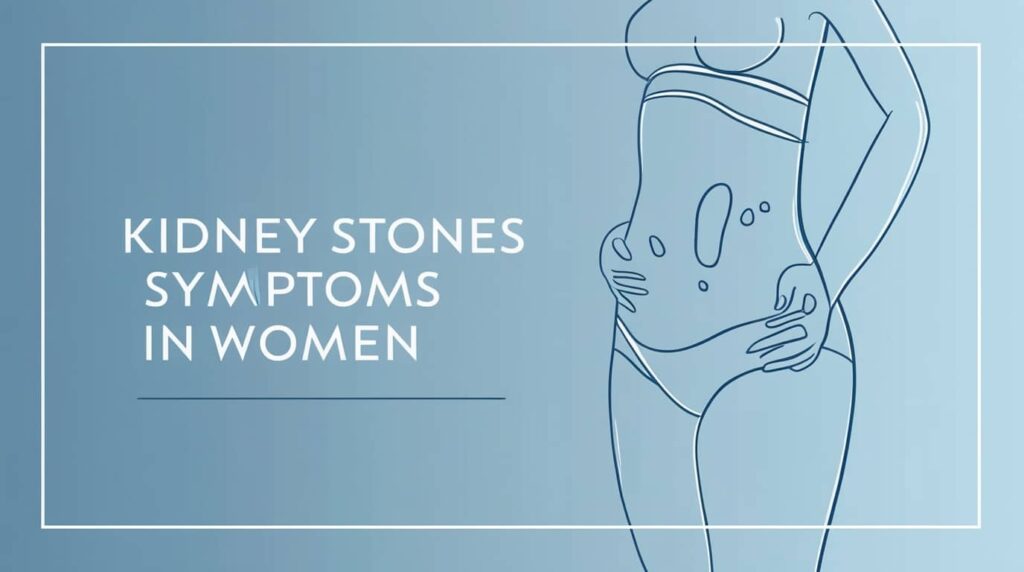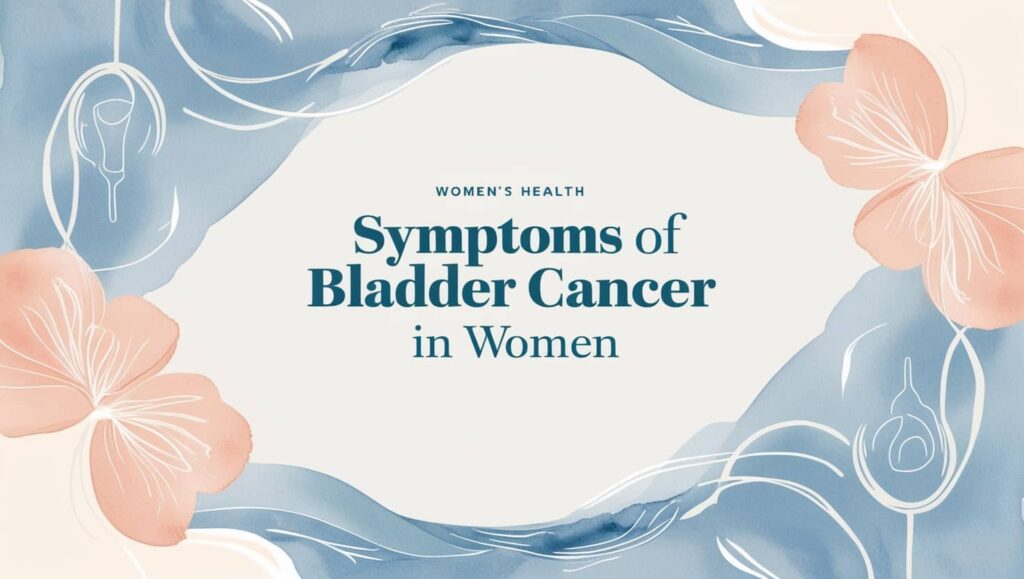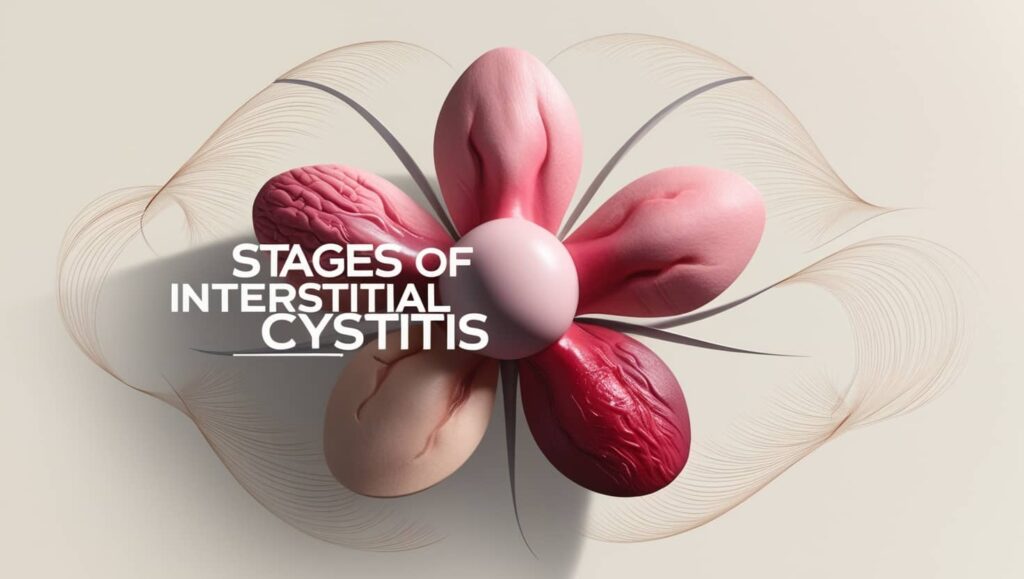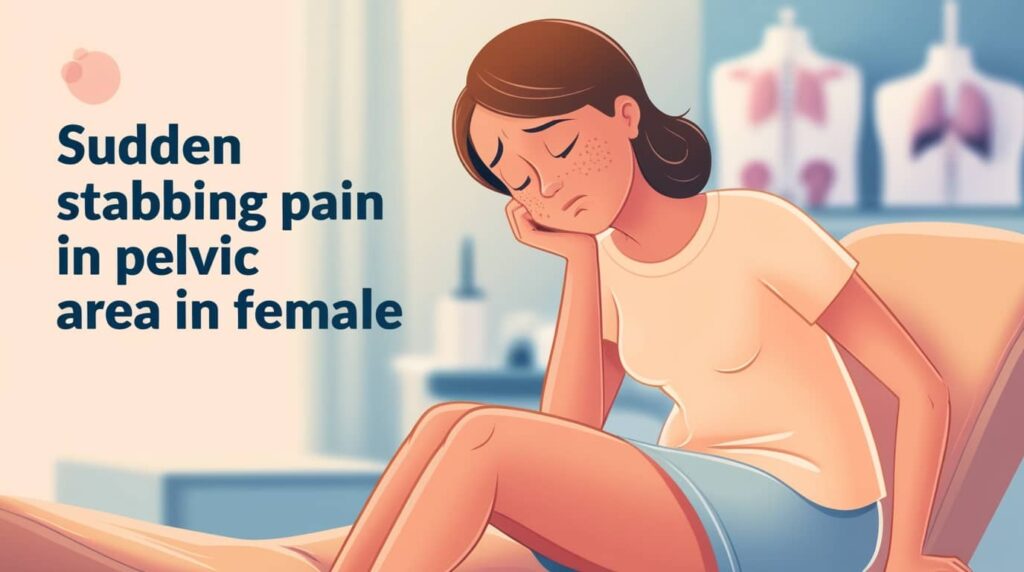If you have a kidney infection, when to go to the hospital depends on the symptoms you are experiencing.
If you experience fever, chills, irregular heartbeat, confusion, back or side pain, nausea, vomiting, signs of dehydration, or blood in your urine, seek immediate medical attention, especially if you are pregnant or have a weakened immune system.
Signs and Symptoms of Kidney Infections in Women
Some types of bacteria that infect the bladder can cause kidney infections (pyelonephritis).
This is a more serious problem than cystitis, and if left untreated, it can cause permanent damage to the kidneys. When the kidneys become infected, the problem progresses quickly and the patient develops the following symptoms:
- Fever.
- Chills.
- Nausea and vomiting.
- Back or side pain.
- Frequent urination with pain.
- Dark, cloudy, bloody, or foul-smelling urine.
- Loss of appetite.
- Diarrhea.
- Fatigue.
- Feeling weak.
If you experience any of these symptoms, you should seek medical help immediately. Symptoms vary greatly from person to person, and are most commonly seen in older adults as confusion, jumbled speech and hallucinations. (Urology Care Foundation, 2024)
When a Kidney Infection Becomes a Medical Emergency
When you have a kidney infection when to go to the hospital and consider that the problem has turned into an emergency and needs urgent medical care, it depends on the appearance of the following symptoms:
- The presence of fever and chills.
- Difficulty urinating.
- Difficulty breathing.
- Irregular heartbeat.
- Confusion and disorientation.
- Skin rash.
- Severe dehydration.
- Severe pain.
- The presence of pus and blood in the urine.
Kidney infection is a serious problem that can lead to sepsis, a life-threatening condition.
This means that the microbial infection has spread throughout the body.
Symptoms of sepsis include fever, chills, confusion, rash, rapid breathing and heart rate. If left untreated, kidney infection can cause kidney damage in the long term. (National Institute of Diabetes and Digestive and Kidney Disease, n.d.)
Related: What Causes a UTI in a Woman?
Treatment Options for Kidney Infections
Kidney inflammation is usually caused by a bacterial infection, so the primary treatment is appropriate antibiotics suggested by the culture test according to the instructions of the treating physician, including:
- Amoxicillin or Augmentin
- Ciprofloxacin
- Ceftriaxone or Cephalexin
- Levofloxacin
- Co-Amoxiclav
- Trimethoprim
- Trimethoprim-Sulfamethoxazole (TMP-SMX)
The antibiotic is prescribed for periods ranging from one to two weeks, and the prescribed treatment must be completed even if you feel better and get rid of the symptoms of the disease.
Failure to complete the prescribed treatment can allow the bacteria to grow and multiply again.
You can make sure you are completely cured of the disease by doing a new culture after the end of the treatment period, and if the bacteria causing the disease are still present, the doctor can prescribe another antibiotic for you.
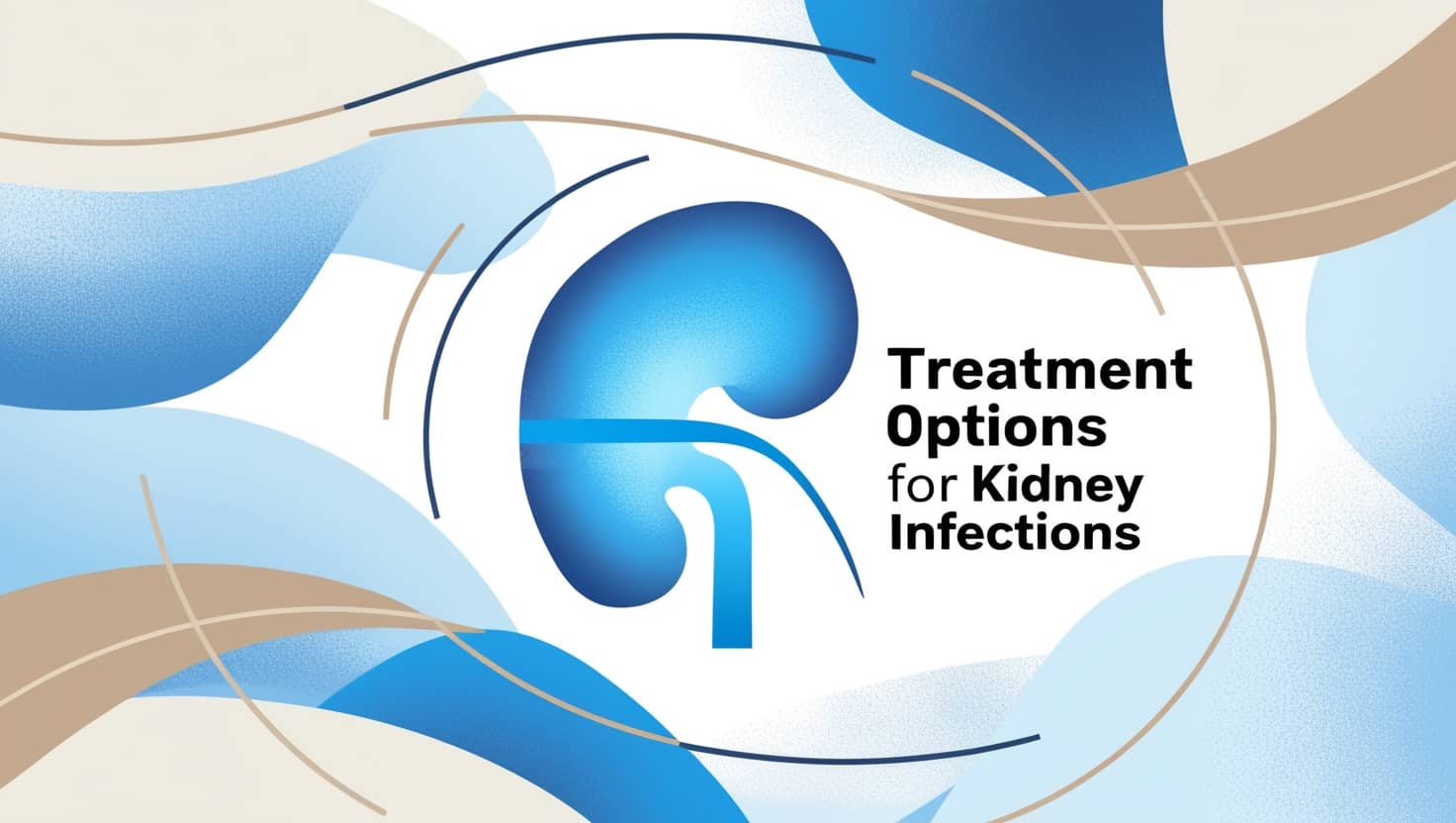
Tips to avoid kidney infection:
- Drink plenty of water and other fluids.
- Wipe the body from front to back after finishing the defecation process to avoid colon bacteria reaching the urinary opening.
- Urine when you feel the urge to do so.
- Urine after sex. (National Institute of Diabetes and Digestive and Kidney disease, 2017)
Now I hope you have enough information about kidney infection when to go to hospital to stay safe.
Read Also: Kidney Stones Symptoms in Women
References
National Institute of Diabetes and Digestive and Kidney Disease. (n.d.). Retrieved from Symptoms & Causes of Kidney Infection (Pyelonephritis): https://www.niddk.nih.gov/health-information/urologic-diseases/kidney-infection-pyelonephritis/symptoms-causes
National Institute of Diabetes and Digestive and Kidney disease. (2017). Retrieved from Treatment for Kidney Infection (Pyelonephritis): https://www.niddk.nih.gov/health-information/urologic-diseases/kidney-infection-pyelonephritis/treatment
Urology Care Foundation. (2024). Retrieved from Kidney Infection (Pyelonephritis): https://www.urologyhealth.org/urology-a-z/k/kidney-infection-(pyelonephritis)

